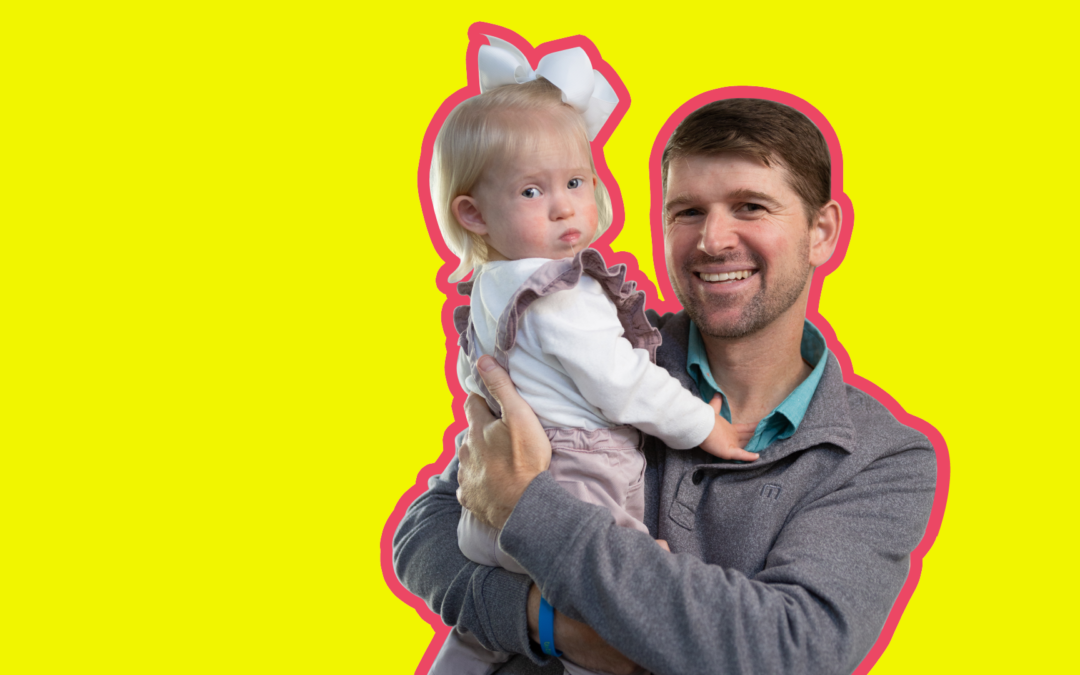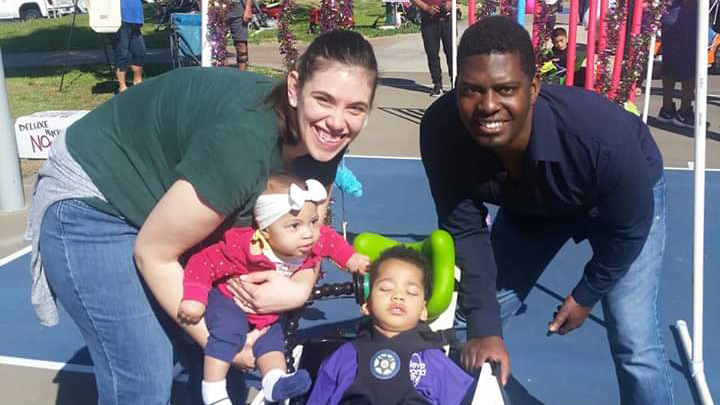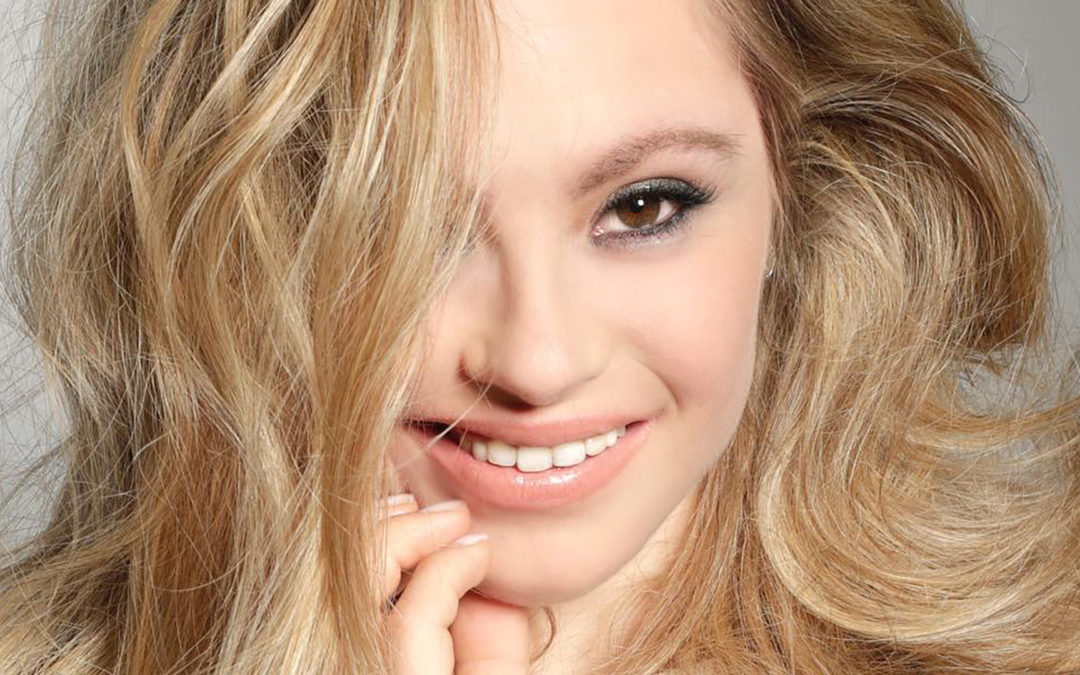Last November, 22-year-old Mikayla Holmgren became the first woman with Down syndrome to compete in the Miss Minnesota USA pageant. Before appearing on stage that night, her mother, Sandi Holmgren, received a text from her daughter. “I am thankful for the stage,” it said. “A place of awareness for Down syndrome.” Mikayla went on that night to win the Spirit of Miss USA and Director’s Awards, and her mom accompanied her on the platform in a tearful, joyful celebration.
The path to that stage wasn’t an easy one. Mikayla was born prematurely, had many medical issues, and weighed only four pounds at birth. Her mother remembers looking at Mikayla and wondering, “what is her future going to be like?” But despite early challenges, the Holmgrens decided to try to give their daughter the fullest life possible.
“When you have a special needs kid,” her father explains, “you’re kind of on a…different road. Not necessarily a bad road, but just a different road.”
Unfortunately, people like Mikayla don’t always get the chance to have a future and pave their own unique roads. Sixty-seven percent of pregnancies prenatally diagnosed with Down syndrome in the United States end in abortions. This startling number may be linked to another statistic: only 36% of doctors in a survey reported that they felt “well qualified” to counsel an expectant mother facing a prenatal Down syndrome diagnosis.
In the face of a hesitant doctor and a sudden, unplanned future, fear can quickly grow. I asked Mikayla what she wished people knew about living with Down syndrome, especially in light of so much misunderstanding about the genetic condition. She responded: “We have hopes and dreams just like everyone else. And we are showing the world that we are so much more than what many believed.”
“We have hopes and dreams, just like anyone else. And we are showing the world that we are so much more than what many believed.”
She excels at dance, which, after training for over 16 years, has become her passion. Her dance instructor admires Mikayla’s ability to “apply correction” and her “amazing amount of focus.” Her father remembers that competition judges always noticed her smile and her passion: “Down syndrome is not something that hinders or holds her back.”
She gushes that she “feel[s] most beautiful when I am on stage dancing.” And she loves dancing in front of others because “sometimes I can move them to tears. I make my mom cry every time.” Her mother remembers rewatching some of her daughter’s performances on film because she couldn’t see through her tears when she performed routines at recitals.
In fact, Mikayla says that her parents are the most influential and important people in her life, and they are immensely proud of their daughter. She asserts, “They have always been supportive of me in everything that I decide to do and want to try,” and they encourage her through her difficult moments.
Mikayla plans to live independently and teach art to young children. Mikayla already mentors kids at her dance studio, and gushes about how cute they are. In the past, when she wasn’t at dance, Mikayla competed in gymnastics in the Special Olympics.
And like the text message she sent to her mother at the Miss Minnesota USA pageant, she wants very much to bring awareness to others about what people with Down syndrome are capable of achieving. “I want to inspire others and give hope to families with little ones (with Down syndrome). I also hope to be able to teach others how to be inclusive and to come alongside us to be a friend.” A student at Bethel University, she continues to defy stereotypes, her achievements are piling up, and her platform of national influence is growing.
“I want to inspire others and give hope to families with little ones (with Down syndrome). I also hope to be able to teach others how to be inclusive and to come alongside us to be a friend.”
For expectant mothers who may suddenly be facing a prenatal diagnosis, Mikayla is a beacon of hope and reassurance. You can see the genuine happiness in her smile and the positive impact she has made on people around her. “I believe that beauty comes from the inside out,” she says. Mikayla has shown us that any life, lived with joyful determination, can embody beauty and goodness.
Related Articles

AMA: The Dad Who Hit the Jackpot
Chris Calacci—Dad to Emmy Joy—shares his story and discusses how to transform the cultural perception of Down syndrome.

My son can’t do the things you can, but his life is worthy too
Special needs mom Charity Dotson proves every person is worthy, no matter their disability.

